
Pune: The Cultural Capital of Maharashtra
Nestled in the western state of Maharashtra, Pune is a city that beautifully blends the old with the new. Known for its rich history, vibrant culture, and bustling education centers, Pune offers a unique experience for every traveler. The city is dotted with historical monuments like the Shaniwar Wada, which narrates tales of the Maratha Empire, and the Aga Khan Palace, a symbol of India’s struggle for independence. Pune is also a paradise for food lovers, with a wide array of street food and traditional Maharashtrian cuisine. The city’s numerous cafes and restaurants serve global cuisines, making it a food lover’s haven. Be sure to try the famous Misal Pav, a spicy curry served with bread, and the sweet Puran Poli. For nature enthusiasts, Pune offers beautiful landscapes and pleasant weather. The nearby hill stations of Lonavala and Khandala provide a perfect getaway with their lush greenery and scenic views. The city’s parks and gardens, like the Osho Teerth Park, provide serene spots for relaxation. Pune is also a hub of arts and education, home to many prestigious institutions. The city hosts various cultural festivals throughout the year, including the Sawai Gandharva Bhimsen Mahotsav, which attracts classical music lovers from around the world. Whether you’re interested in history, food, nature, or culture, Pune has something to offer for every traveler.
Local tips in Pune
- Visit during the winter months (November to February) for the most pleasant weather.
- Try using local transport like auto-rickshaws and buses to explore the city efficiently.
- Don’t miss the street food at Fergusson College Road and Viman Nagar.
- Carry a light jacket as evenings can get cool, especially near hill stations.
- Visit the local markets like Tulsi Baug for traditional shopping.
- If you are interested in music, plan your trip around the Sawai Gandharva Bhimsen Mahotsav.
Neighbourhoods in Pune
Pune: The Cultural Capital of Maharashtra
Nestled in the western state of Maharashtra, Pune is a city that beautifully blends the old with the new. Known for its rich history, vibrant culture, and bustling education centers, Pune offers a unique experience for every traveler. The city is dotted with historical monuments like the Shaniwar Wada, which narrates tales of the Maratha Empire, and the Aga Khan Palace, a symbol of India’s struggle for independence. Pune is also a paradise for food lovers, with a wide array of street food and traditional Maharashtrian cuisine. The city’s numerous cafes and restaurants serve global cuisines, making it a food lover’s haven. Be sure to try the famous Misal Pav, a spicy curry served with bread, and the sweet Puran Poli. For nature enthusiasts, Pune offers beautiful landscapes and pleasant weather. The nearby hill stations of Lonavala and Khandala provide a perfect getaway with their lush greenery and scenic views. The city’s parks and gardens, like the Osho Teerth Park, provide serene spots for relaxation. Pune is also a hub of arts and education, home to many prestigious institutions. The city hosts various cultural festivals throughout the year, including the Sawai Gandharva Bhimsen Mahotsav, which attracts classical music lovers from around the world. Whether you’re interested in history, food, nature, or culture, Pune has something to offer for every traveler.
When is the best time to go to Pune?
Iconic landmarks you can’t miss
Shaniwar Wada
Discover the enchanting Shaniwar Wada in Pune, a historical landmark steeped in Maratha heritage and architectural brilliance.
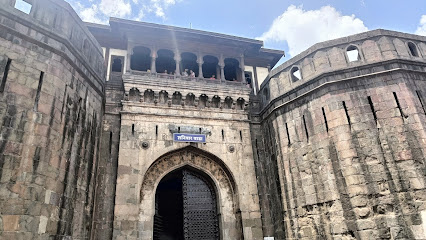
Sinhagad Fort
Discover the historical marvel of Sinhagad Fort, a majestic fortress offering stunning views, rich history, and exhilarating hikes in Maharashtra.
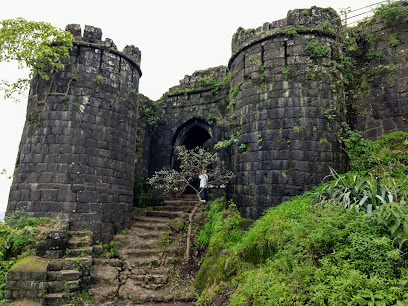
Raja Dinkar Kelkar Museum
Uncover the rich artistic heritage of India at Raja Dinkar Kelkar Museum, a captivating destination in Pune showcasing thousands of unique artifacts.
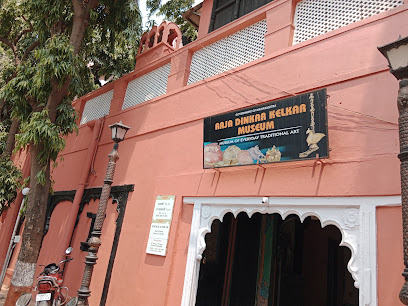
National War Memorial Southern Command
Discover the National War Memorial Southern Command in Pune - a historical tribute honoring the sacrifices of India's bravest soldiers.
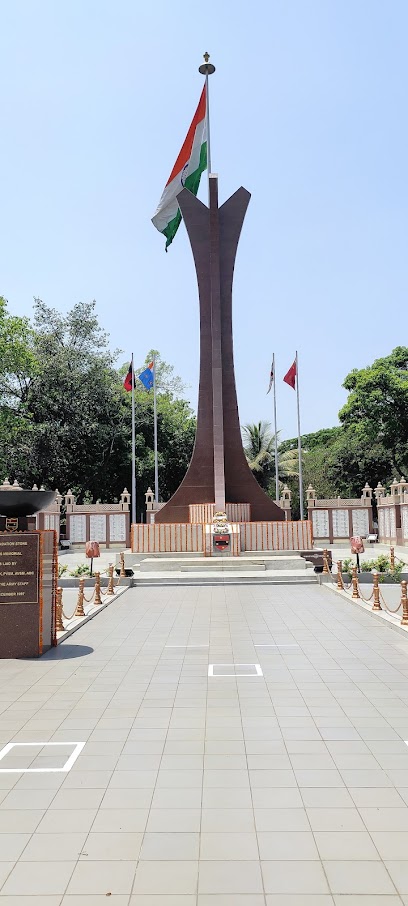
Laal Mahal
Discover the historical significance and architectural beauty of Laal Mahal, a must-visit landmark in Pune that celebrates the legacy of Chhatrapati Shivaji Maharaj.
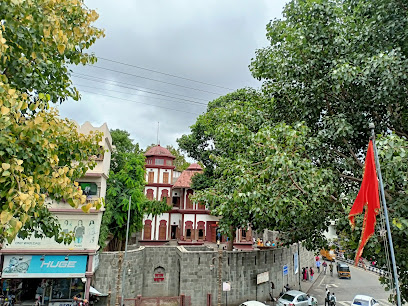
Osho Garden
Discover tranquility in Osho Garden, a lush oasis in Pune perfect for relaxation, meditation, and enjoying nature's beauty.
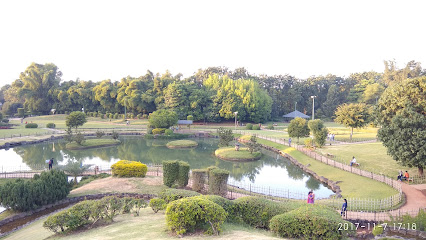
Mahadji Shinde Chhatri
Discover the historical elegance of Mahadji Shinde Chhatri, a stunning landmark in Pune that showcases the city’s rich cultural heritage and architectural beauty.
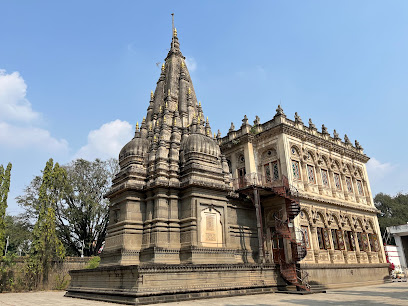
Shree Devdeveshwar Temple (Parvati Temple)
Discover tranquility and breathtaking views at Shree Devdeveshwar Temple, a spiritual landmark in Pune's Parvati Hills.
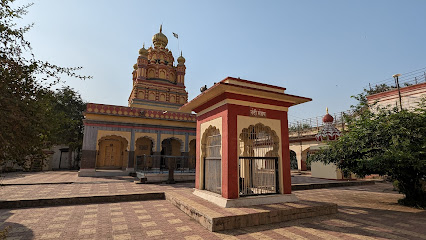
Vishrambaug Wada
Explore the architectural marvel of Vishrambaug Wada, a historic landmark in Pune, showcasing the legacy of the Maratha Empire.
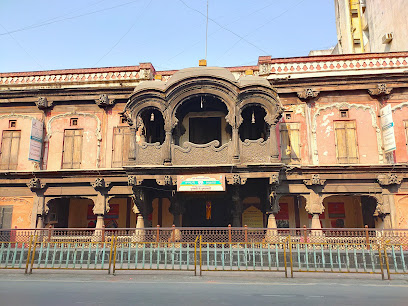
Darshan Museum
Explore Darshan Museum in Pune for an unforgettable journey through India's rich cultural and artistic heritage, blending tradition with modernity.
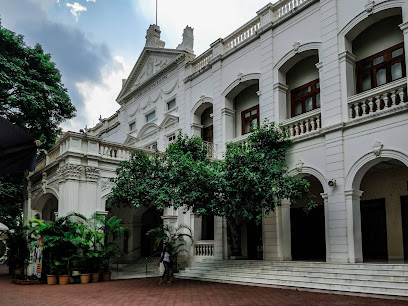
Nana Wada
Discover the historical elegance of Nana Wada in Pune, a landmark reflecting the rich heritage and architectural beauty of the Maratha Empire.
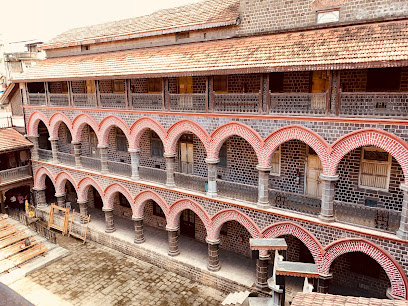
Shree Chhatrapati Shivaji Maharaj Museum
Discover the rich history and cultural heritage of Maharashtra at the Shree Chhatrapati Shivaji Maharaj Museum in Pune.
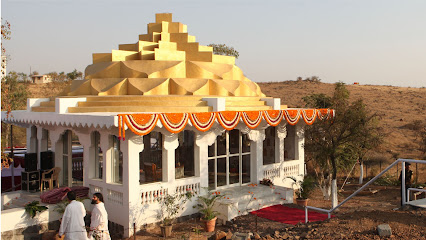
Shree Nageshwar Shiv Mandir
Explore the tranquil Shree Nageshwar Shiv Mandir in Pune, a sacred Hindu temple featuring stunning architecture and a serene ambiance for spiritual reflection.
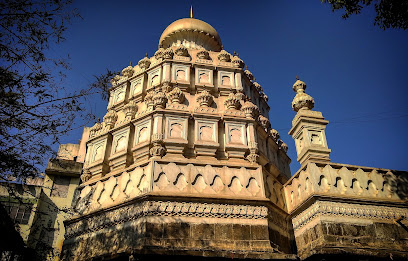
Sardar Shitole Wada
Explore Sardar Shitole Wada, a historical landmark in Pune that offers a glimpse into the region's rich cultural heritage and architectural beauty.
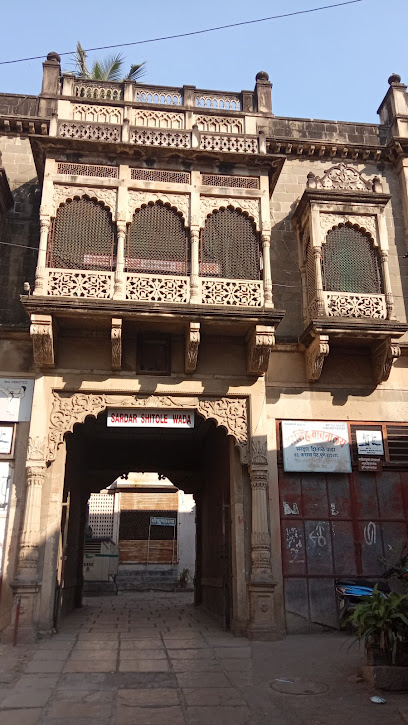
Old Structure Nagaar khaana
Explore the hidden historical gem of Old Structure Nagaar Khaana in Pune, showcasing rich heritage and timeless architectural beauty.
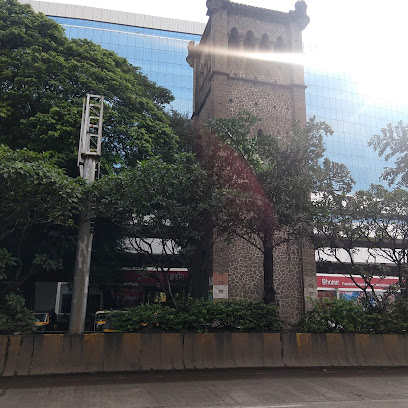
Unmissable attractions to see
Shrimant Dagdusheth Halwai Ganpati Mandir
Discover the spiritual heart of Pune at Shrimant Dagdusheth Halwai Ganpati Mandir, a stunning temple dedicated to Lord Ganesha.
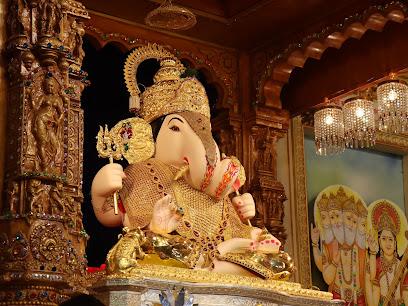
Shaniwar Wada
Explore the majestic Shaniwar Wada, a historical landmark in Pune, Maharashtra, and uncover the stories of India's Maratha Empire.
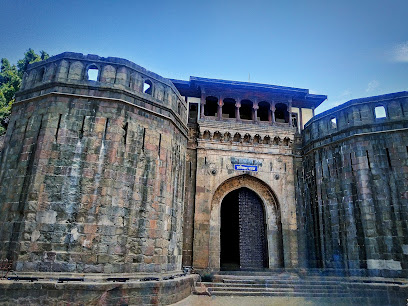
Shaniwar Wada
Discover the rich history and architectural beauty of Shaniwar Wada, a historical landmark in Pune that echoes the grandeur of the Maratha Empire.
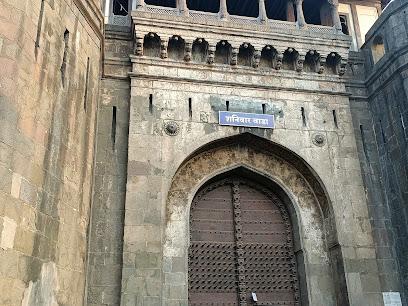
Sinhagad Fort
Discover the historical charm and breathtaking views at Sinhagad Fort, a must-visit destination in Maharashtra, India.
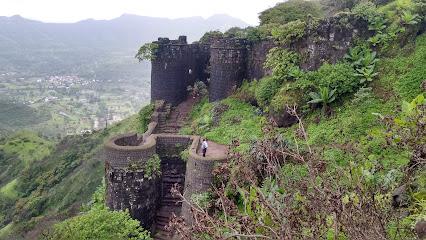
ISKCON NVCC Pune
Explore the spiritual charm of ISKCON NVCC Pune, where devotion meets delicious vegetarian cuisine in a vibrant cultural hub.
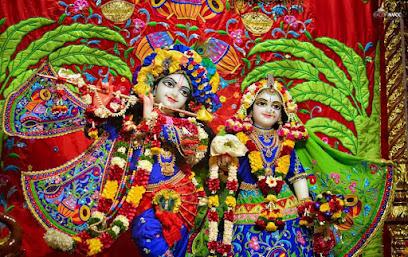
Pune-Okayama Friendship Garden
Discover tranquility at Pune-Okayama Friendship Garden, a Japanese-inspired oasis in Pune that celebrates nature and cultural ties.
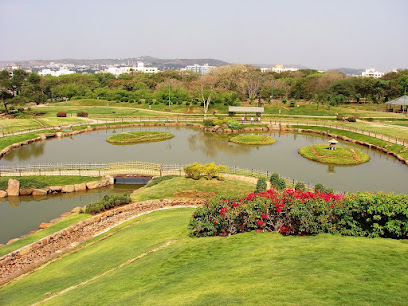
Lohgad Fort
Explore the historic Lohgad Fort in Maharashtra, a trekking paradise with breathtaking views and a rich cultural heritage from the Maratha era.
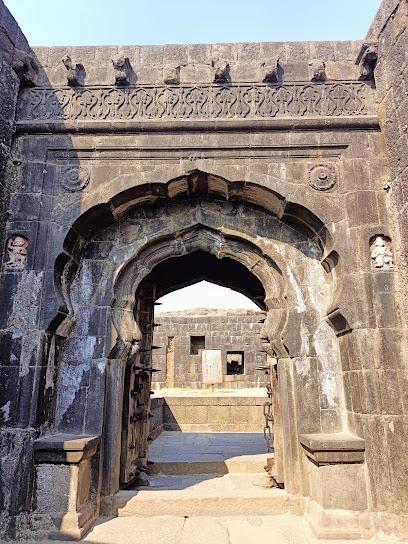
Empress Botanical Garden
Experience the beauty of nature at Empress Botanical Garden, a historic oasis in Pune, showcasing diverse flora and serene landscapes perfect for all visitors.
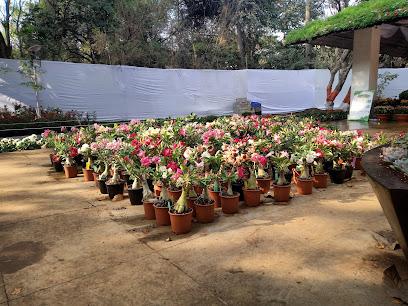
Raja Dinkar Kelkar Museum
Explore Pune's cultural gem, the Raja Dinkar Kelkar Museum—an immersive journey through India's artistic heritage and history.
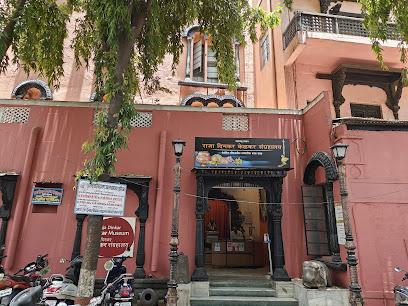
ISKCON Pune Camp
Discover the serene beauty and vibrant spirituality of ISKCON Pune Camp, a top Hindu temple and cultural hub in Pune, Maharashtra.
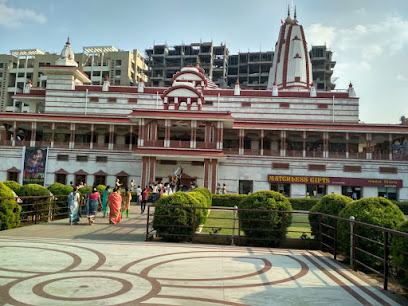
Katraj Lake
Discover the beauty and tranquility of Katraj Lake, a picturesque landmark in Pune, enveloped by nature and rich in history.
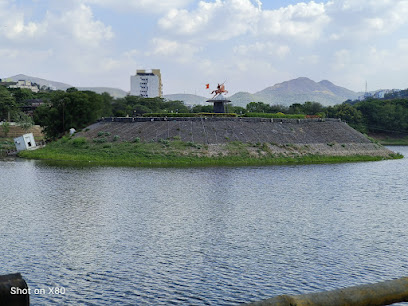
National War Memorial Southern Command
Explore the National War Memorial Southern Command in Pune, a tribute to India's military heritage, honoring the courage of those who served.
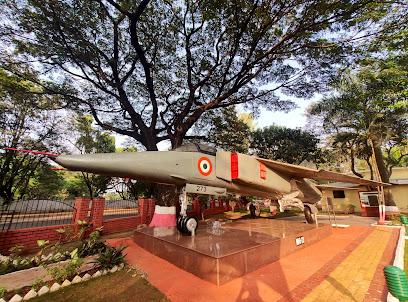
Bhuleshwar Temple
Discover the captivating Bhuleshwar Temple in Maharashtra, a stunning blend of spirituality and architectural brilliance that attracts visitors from all over the world.
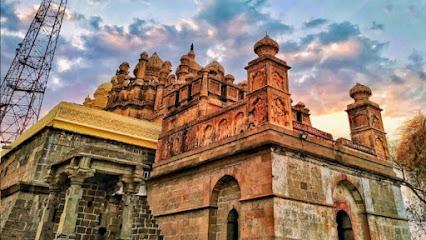
Meher Retreat
Experience the magic of Meher Retreat, a serene theme park and resort by Mhatoba Lake, perfect for adventure seekers and relaxation lovers alike in Maharashtra.
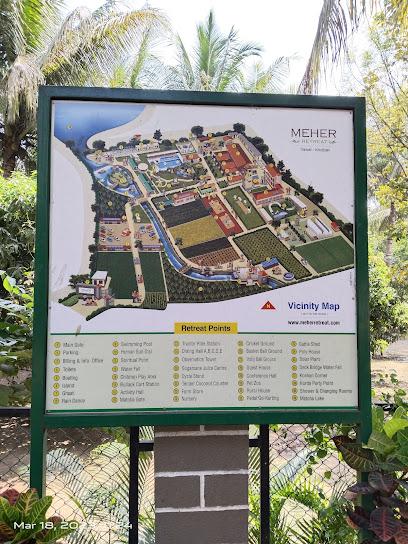
Laal Mahaal
Discover the architectural beauty and rich cultural heritage of Laal Mahaal, Pune's iconic historical landmark and tourist attraction.
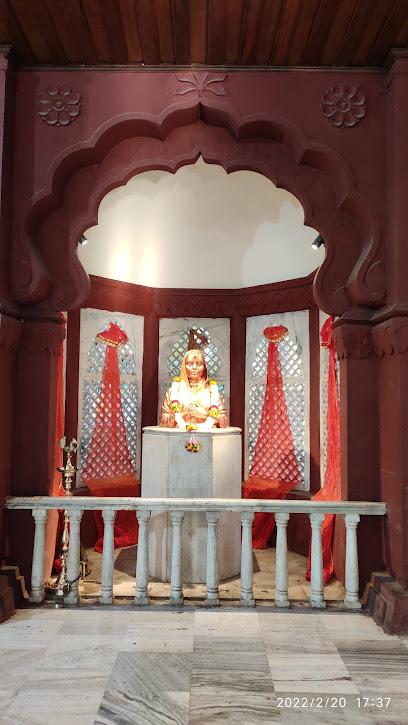
Essential places to dine
Sukanta Thali
Experience authentic Indian cuisine at Sukanta Thali in Pune with diverse regional specialties served on delightful thalis.
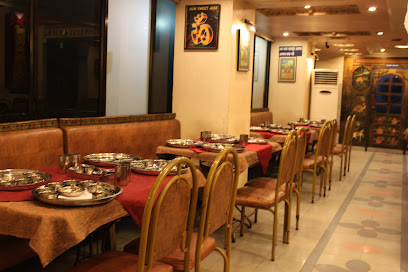
Blue Nile Restaurant
Experience authentic Indian cuisine at Blue Nile Restaurant in Pune – home to flavorful biryanis and delightful non-vegetarian specialties.
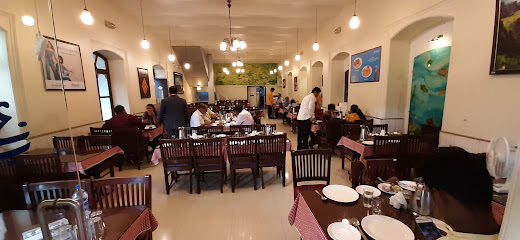
George Restaurant
Discover the rich flavors of Mughlai cuisine at George Restaurant in Pune—home of delicious biryanis and kebabs perfect for family dining.
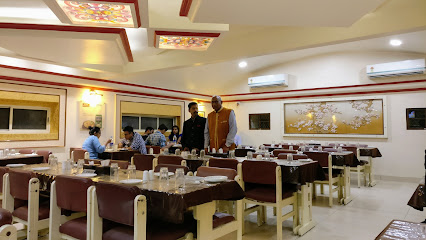
RamKrishna Restaurant
Explore authentic South Indian and Punjabi vegetarian cuisine at RamKrishna Restaurant in Pune's vibrant Camp area.
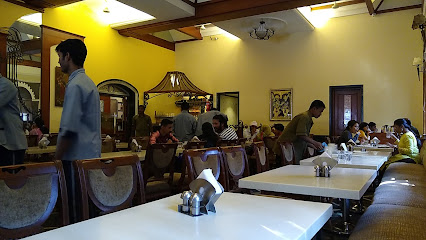
Le Plaisir
Experience exquisite European and Italian cuisine at Le Plaisir in Pune – where every meal is a celebration of flavor.
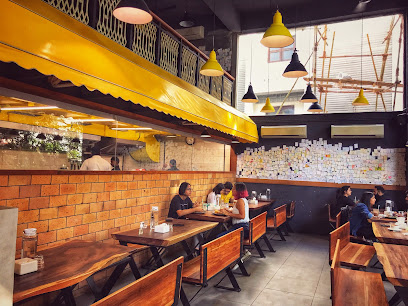
Malaka Spice
Experience the rich flavors of Thailand at Malaka Spice in Pune's Koregaon Park - A fine dining destination for Southeast Asian cuisine lovers.
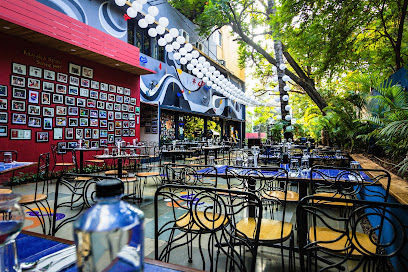
Exotica AKA Zafraan
Experience luxury dining at Exotica AKA Zafraan in Pune with exquisite buffets and stunning views perfect for any occasion.
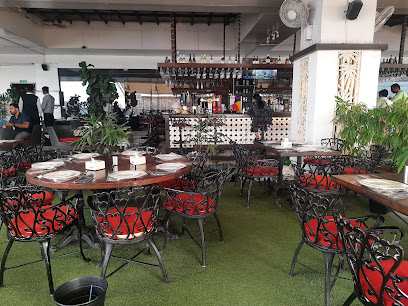
Tales & Spirits
Experience gourmet pizza like never before at Tales & Spirits - where culinary creativity meets vibrant atmosphere in Pune.
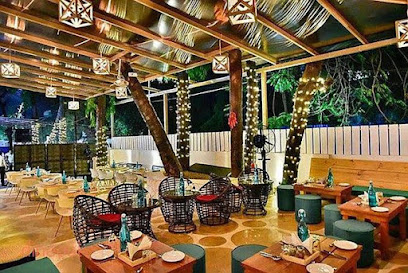
Copper Chimney
Experience the essence of Indian cuisine at Copper Chimney, Pune's finest buffet restaurant offering an exquisite array of authentic dishes.
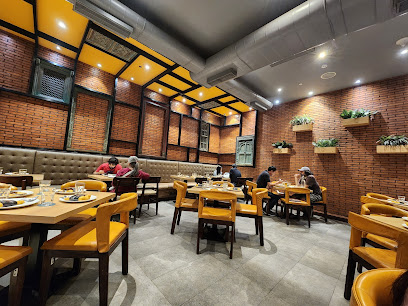
The Sassy Spoon Pune
Discover The Sassy Spoon in Pune – where exquisite Continental and European flavors meet chic ambiance for an unforgettable dining experience.
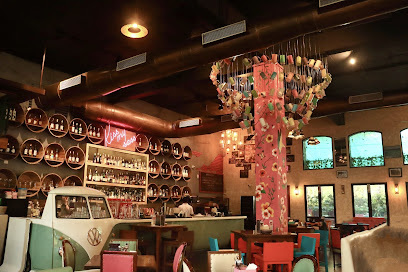
JM Housefull paratha
Experience authentic North Indian cuisine at JM Housefull Paratha in Pune – where every bite tells a story.
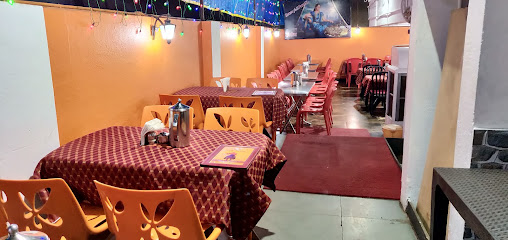
World Of Veg - Rooftop Restaurant, Ramsukh House
Experience exquisite vegetarian cuisine with breathtaking views at World Of Veg - Pune's premier rooftop dining destination.
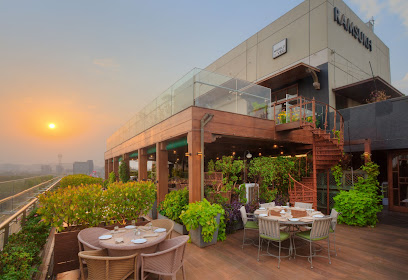
Laa Unico - Pure Veg Family Restaurant
Experience the best of vegetarian dining at Laa Unico in Pune with diverse cuisines including Indian, Italian & Mexican flavors.
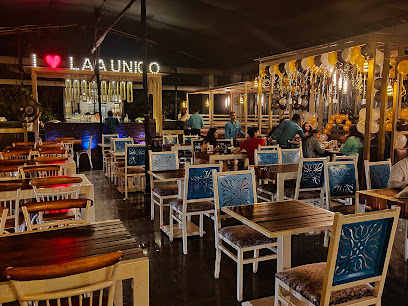
Prem's Restaurant
Experience the rich flavors of North Indian cuisine at Prem's Restaurant in Koregaon Park—where tradition meets contemporary dining.
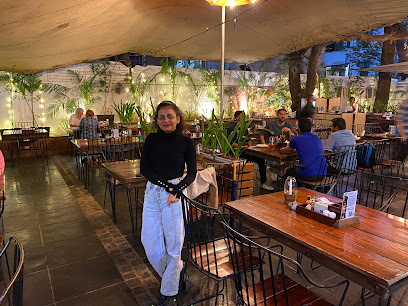
Shabree Restaurant-Pune
Discover authentic Maharashtrian vegetarian cuisine at Shabree Restaurant in Pune—where tradition meets taste in every dish.
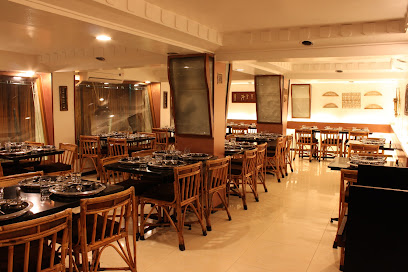
Markets, malls and hidden boutiques
Lifestyle Stores
Explore Lifestyle Stores in Pune for an exceptional shopping experience, featuring a wide range of brands across clothing, beauty, and lifestyle products.
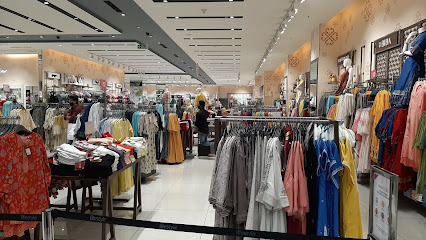
Tulsi
Explore Tulsi in Pune for an unforgettable shopping experience, featuring unique home goods and delightful seasonal items that reflect local culture.
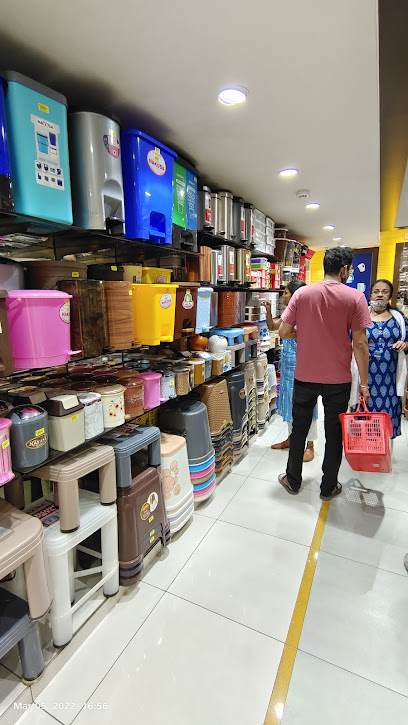
QUEENSTOWN - Best women’s wear store in pune
Discover Queenstown: Pune's stylish women's clothing store offering trendy apparel and accessories in a chic shopping environment.
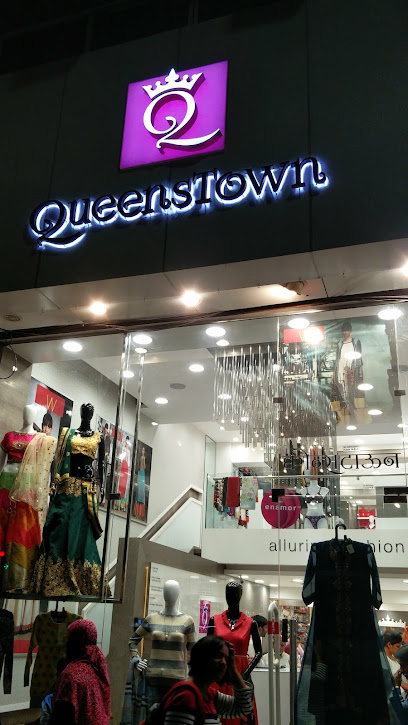
The Bombay Store - M.G. Road, Pune
Explore The Bombay Store in Pune for unique gifts, handicrafts, and home goods that reflect India's rich cultural heritage.
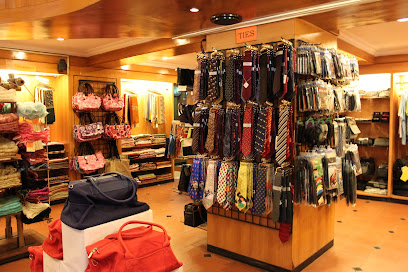
THE MAHARASHTRA STORE
Explore the vibrant offerings of The Maharashtra Store, where tradition meets modernity in the heart of Pune.
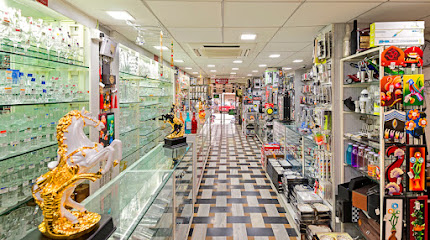
Bhori ali plastic market
Explore the colorful Bhori Ali Plastic Market in Pune, a vibrant hub for unique gifts and affordable plastic treasures that reflect local culture.
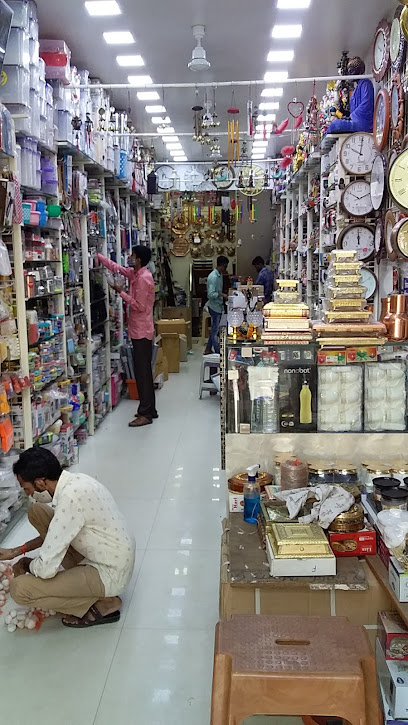
THE MASK Imported Clothing Best Men's store In Pune
Explore THE MASK in Pune for imported men's clothing that combines style, quality, and contemporary design in one boutique.
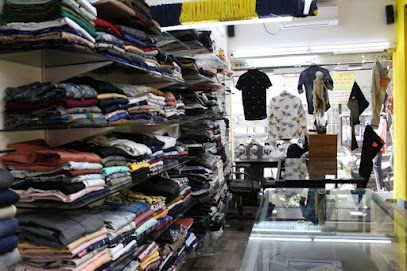
The Bombay Store - Phoenix Marketcity Mall, Viman Nagar, Pune
Explore the vibrant world of handicrafts and unique gifts at The Bombay Store in Pune's Phoenix Marketcity Mall.
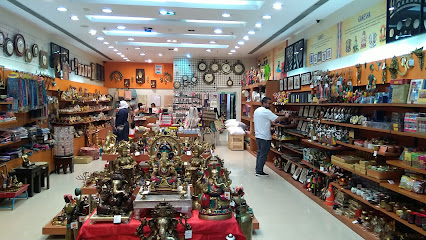
Sanskriti Lifestyle
Explore the rich artistry of handcrafted furniture at Sanskriti Lifestyle, Pune's premier destination for unique home decor.
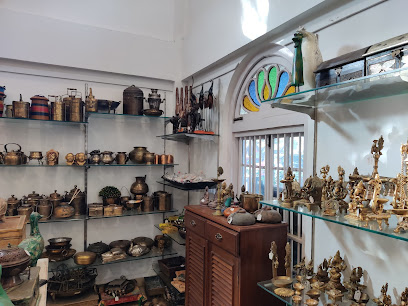
Tribe Chatari
Explore the vibrant handicraft wonders of Tribe Chatari in Pune, where every piece tells a story of artistry and tradition.
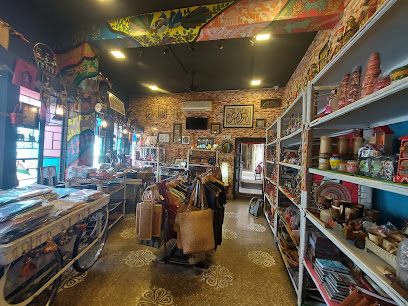
Either Or
Explore the vibrant Either Or department store in Pune for unique fashion, home goods, and local gifts that reflect the spirit of Maharashtra.
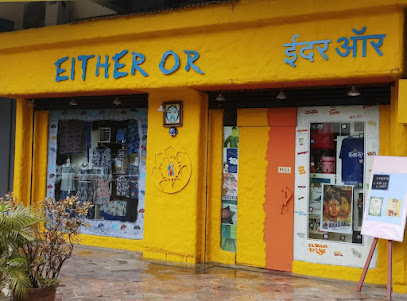
Silkyworld Antiques Store
Explore Silkyworld Antiques Store in Pune, a captivating destination filled with rare collectibles, vintage art, and unique gifts that tell a story.
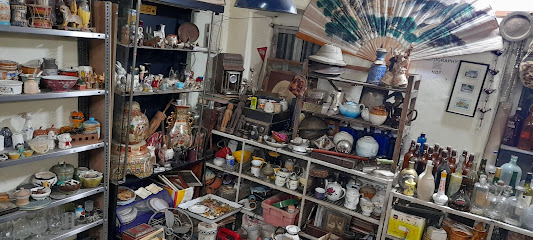
Anokhi
Discover the essence of Indian craftsmanship at Anokhi, a boutique in Pune offering exquisite handcrafted textiles and unique accessories.
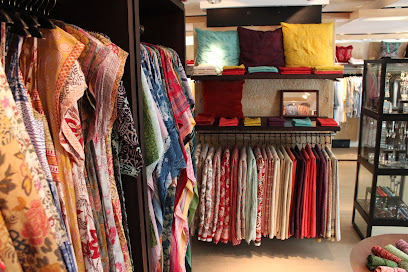
The Unique Store
Explore The Unique Store in Pune for exquisite countertops that blend artistry and functionality, showcasing the best of local craftsmanship.
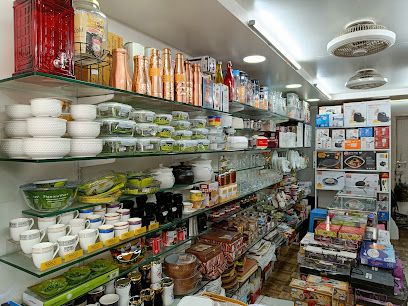
Sanika Return Gifts, Shree trimurti traders Laxmi Narayan Market
Discover the charm of Pune at Sanika Return Gifts, where unique souvenirs and traditional crafts await every traveler.
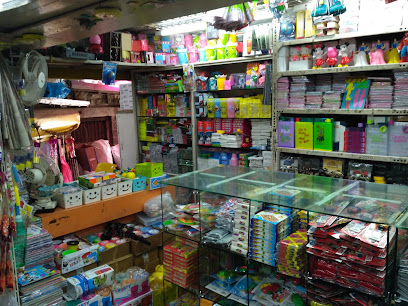
Essential bars & hidden hideouts
The Urban Foundry, Baner
Experience the perfect blend of a trendy bar and exquisite Indian cuisine at The Urban Foundry in Baner, Pune.
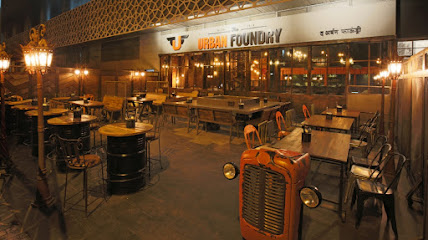
The Mafia Sky Lounge
Discover Pune's vibrant nightlife at The Mafia Sky Lounge, where luxury dining meets breathtaking skyline views for an unforgettable experience.
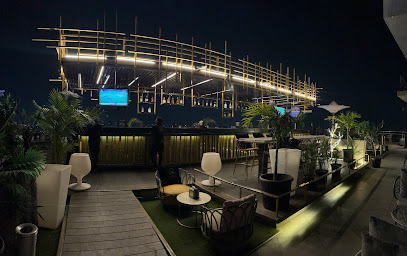
Culture Pune
Discover Culture Pune, a vibrant bar in Pune offering an eclectic range of drinks and a lively atmosphere for an unforgettable nightlife experience.
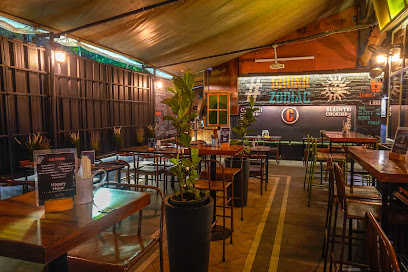
Toit Pune
Experience the vibrant blend of American and modern Indian cuisine at Toit Pune, a premier brewpub with handcrafted beers and a lively atmosphere.
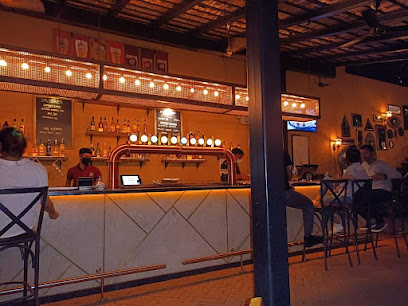
High Spirits Cafe
Explore the energetic ambiance of High Spirits Cafe, Pune's premier live music bar, where delicious food and captivating performances await you.
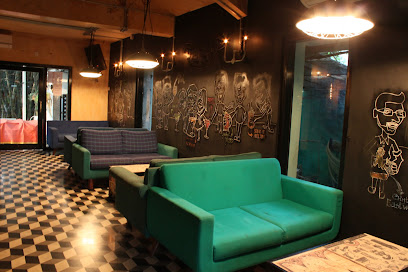
Agent Jack's (SB Road)
Experience Pune's vibrant nightlife at Agent Jack's, a premier bar offering exquisite drinks, diverse cuisine, and lively entertainment.
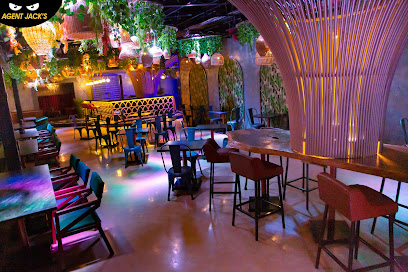
Apache High Street
Discover the vibrant Apache High Street in Pune, where delicious food, great drinks, and a lively atmosphere await every visitor.
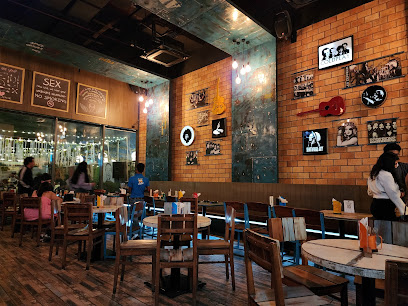
Code The Speakeasy Bar
Discover Pune's vibrant nightlife at Code The Speakeasy Bar, where delicious drinks, live music, and a lively atmosphere await you.
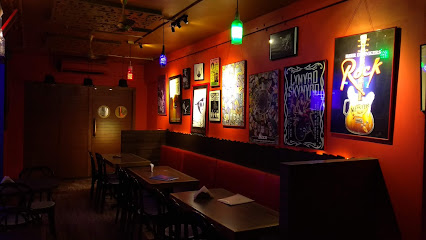
11 East Street Cafe
Discover the culinary charm of Pune at 11 East Street Cafe, a vibrant hub for food lovers offering an array of delectable options.
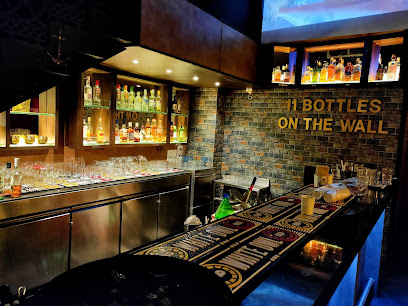
SWIG - Bar & Eatery - Koregaon Park
Experience the vibrant nightlife and diverse culinary offerings at SWIG - Bar & Eatery in Koregaon Park, Pune, the perfect spot for food and fun.
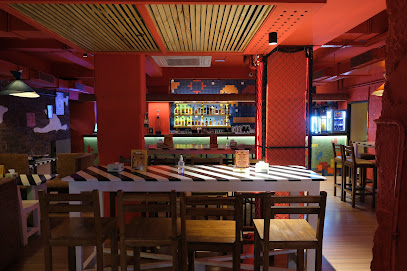
Effingut Koregaon Park - Pune's most loved craft beer pub
Effingut Koregaon Park: A vibrant pub in Pune offering craft beers, delectable food, and a lively atmosphere perfect for any occasion.
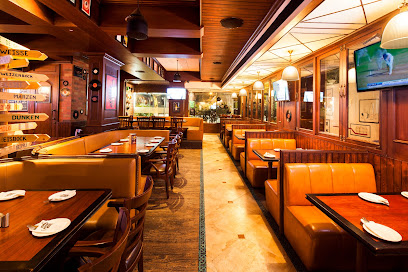
Elephant and Co. Baner
Discover the vibrant nightlife and delicious cuisine at Elephant and Co. in Baner, Pune, a must-visit pub and restaurant for food and drink lovers.
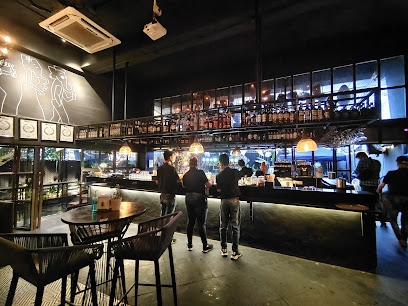
SWIG Bar & Eatery - S.B. Road
Discover Pune's SWIG Bar & Eatery, where vibrant ambiance meets delicious food and refreshing drinks for an unforgettable experience.
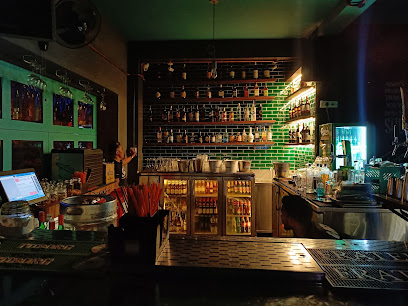
BarBerry
Experience a delightful fusion of barbecue and Thai cuisine at BarBerry, Pune's vibrant dining destination.
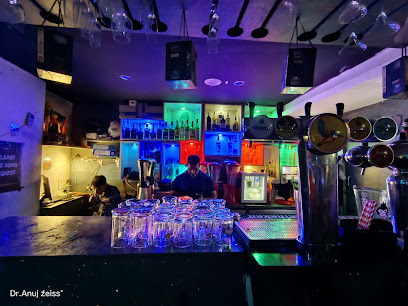
Local Phrases
-
- Helloनमस्कार
[Namaskar] - Goodbyeआबाद
[Aabad] - Yesहो
[Ho] - Noनाही
[Nahi] - Please/You're welcomeकृपया
[Kripaya] - Thank youधन्यवाद
[Dhanyavad] - Excuse me/Sorryक्षमा करा
[Kshama kara] - How are you?तुझे कसे आहेस?
[Tujhe kase aahes?] - Fine. And you?चांगले. आणि तुम्ही?
[Changle. Ani tumhi?] - Do you speak English?तुम्ही इंग्रजी बोलता का?
[Tumhi ingraji bolta ka?] - I don't understandमला समजलं नाही
[Mala samjala nahi]
- Helloनमस्कार
-
- I'd like to see the menu, pleaseकृपया मेनू पहा
[Kripaya menu paha] - I don't eat meatमी मांस खात नाही
[Mi maans khat nahi] - Cheers!चियर्स!
[Cheers!] - I would like to pay, pleaseकृपया मी पैसे देऊ
[Kripaya mi paise deu]
- I'd like to see the menu, pleaseकृपया मेनू पहा
-
- Help!मदत!
[Madat!] - Go away!जाऊ द्या!
[Jau dya!] - Call the Police!पोलिसांना कॉल करा!
[Polisanna call kara!] - Call a doctor!डॉक्टरला कॉल करा!
[Doctorla call kara!] - I'm lostमी हरवलेला आहे
[Mi harvalela ahe] - I'm illमला ताप आहे
[Mala tap ahe]
- Help!मदत!
-
- I'd like to buy...कृपया मला विकत घ्यायला हवं
[Kripaya mala vikat ghyayla hav] - I'm just lookingमी फक्त बघत आहे
[Mi fakt baghat ahe] - How much is it?त्याची किती किंमत आहे?
[Tyachi kiti kimat ahe?] - That's too expensiveहे खूप महाग आहे
[He khup mahag ahe] - Can you lower the price?किमत कमी करू शकता का?
[Kimat kamee karu shakta ka?]
- I'd like to buy...कृपया मला विकत घ्यायला हवं
-
- What time is it?किती वाजले आहे?
[Kiti wajle ahe?] - It's one o'clockएक वाजले आहे
[Ek wajle ahe] - Half past (10)अडीस वाजल्या
[Adis wajlya] - Morningसकाळ
[Sakal] - Afternoonदुपार
[Dupar] - Eveningसंध्याकाळ
[Sandhyakal] - Yesterdayकाल
[Kal] - Todayआज
[Aj] - Tomorrowउद्या
[Udya] - 1एक
[Ek] - 2दोन
[Don] - 3तीन
[Teen] - 4चार
[Char] - 5पाच
[Pach] - 6सहा
[Saha] - 7सात
[Sat] - 8आठ
[Ath] - 9नऊ
[Nau] - 10दहा
[Daha]
- What time is it?किती वाजले आहे?
-
- Where's a/the...?कुठे आहे...?
[Kuthe ahe...?] - What's the address?पत्ता काय आहे?
[Patta kay ahe?] - Can you show me (on the map)?मला दाखवू शकता का (नकाशावर)?
[Mala dakhavu shakta ka (nakashavar)?] - When's the next (bus)?पुढच्या (बस) कधी आहे?
[Pudhchya (bas) kadhi ahe?] - A ticket (to ....)तिकिट (....ला)
[Ticket (....la)]
- Where's a/the...?कुठे आहे...?
History of Pune
-
Pune's history can be traced back to the 8th century, when it was under the rule of the Rashtrakuta Dynasty. The city later came under the control of the Yadava Dynasty in the 9th century. It was during this period that the region began to develop as a significant agricultural hub, benefiting from its rich, fertile soil.
-
The Pataleshwar Cave Temple, carved out in the 8th century, is one of Pune's oldest heritage sites. This rock-cut temple dedicated to Lord Shiva offers a glimpse into the city's ancient architectural ingenuity and religious significance.
-
In the 17th century, Pune rose to prominence under the Maratha Empire, especially during the reign of Chhatrapati Shivaji Maharaj. The city served as a base for the Maratha Empire and saw the construction of several forts and palaces, most notably the Shaniwar Wada, which became the seat of the Peshwas.
-
From the early 18th to early 19th century, Pune was the political center of the Peshwas, the prime ministers of the Maratha Empire. This era saw the city flourish in terms of culture, architecture, and administration. The Peshwas built several notable structures, including temples, wada (mansions), and public buildings.
-
Pune came under British control in 1817 after the Third Anglo-Maratha War. The British established Pune as a military cantonment and administrative center. This period saw the construction of educational institutions like the Deccan College and the College of Engineering, which played a crucial role in shaping modern Pune.
-
In the late 19th and early 20th centuries, Pune became a focal point for social reform movements in India. Figures like Mahatma Jyotirao Phule, Savitribai Phule, and Lokmanya Tilak emerged from Pune, advocating for education, women's rights, and national independence. The city became synonymous with progressive thought and political activism.
-
After India's independence in 1947, Pune transformed into an educational and industrial hub. The establishment of institutions like the University of Pune (now Savitribai Phule Pune University) and the development of the Hinjewadi IT Park cemented Pune's reputation as the 'Oxford of the East' and a leading center for information technology.
-
Pune is renowned for its vibrant cultural scene, with numerous festivals celebrated throughout the year. The Pune International Film Festival, Sawai Gandharva Bhimsen Festival, and the Ganesh Chaturthi celebrations are some of the highlights that showcase the city's rich cultural heritage and artistic spirit.
Pune Essentials
-
Pune is accessible by air, rail, and road. Pune International Airport (PNQ) offers domestic and limited international flights. Major international connections are routed through Chhatrapati Shivaji Maharaj International Airport in Mumbai, which is about 150 kilometers away. Pune is well-connected by rail, with Pune Junction being a major railway hub. Regular trains run from Mumbai, Delhi, Bangalore, and other major cities. For road travel, the Mumbai-Pune Expressway provides a smooth drive between the two cities. Interstate buses and private taxis are also viable options.
-
Pune offers various modes of transportation, including auto-rickshaws, buses, and app-based cab services like Uber and Ola. Pune Mahanagar Parivahan Mahamandal Limited (PMPML) operates the city's bus services. Auto-rickshaws are metered, but it's advisable to agree on a fare before starting your journey. For longer distances, renting a car can be convenient. Bicycles and motorbikes are also popular for navigating the city's narrower lanes.
-
The official currency in Pune is the Indian Rupee (INR). Credit and debit cards are widely accepted in hotels, restaurants, and shops. However, it is always a good idea to carry some cash for smaller establishments and street vendors. ATMs are plentiful throughout the city, and currency exchange services are available at the airport and various locations in the city.
-
Pune is generally considered safe for tourists, but standard precautions should be taken. Avoid isolated areas at night and be cautious with your belongings in crowded places. Areas like Shaniwar Peth and some parts of Koregaon Park have higher instances of petty crimes like pickpocketing. Always use registered cabs and avoid sharing personal information with strangers.
-
In case of emergency, dial 112 for immediate assistance. Pune has several well-equipped hospitals such as Ruby Hall Clinic and Deenanath Mangeshkar Hospital. Pharmacies are widely available for minor health issues. It is advisable to have travel insurance that covers medical emergencies. For police assistance, you can visit the nearest police station or find police personnel in tourist areas.
-
Fashion: Do dress modestly, especially when visiting religious sites. Avoid wearing revealing clothing. Religion: Do show respect for local customs and traditions. Remove your shoes before entering temples. Public Transport: Do be respectful and offer your seat to elderly passengers. Don't eat or drink on public transport. Greetings: Do greet people with a 'Namaste' or a handshake. Avoid hugging or kissing, especially in formal settings. Eating & Drinking: Do try local food and accept hospitality graciously. Don't refuse food or drink offered as it may be considered impolite.
-
To experience Pune like a local, explore the bustling markets such as Tulsi Baug and Laxmi Road for shopping. Visit the numerous cafes and restaurants in Koregaon Park to enjoy the city's vibrant food scene. Engage with locals at cultural spots like Shaniwar Wada and Aga Khan Palace. Don’t miss the opportunity to attend local festivals like Ganesh Chaturthi, which is celebrated with great enthusiasm. Consider taking a day trip to the nearby hill stations such as Lonavala and Khandala for a refreshing experience.
Trending Landmark in Pune
-
Shaniwar Wada
-
Sinhagad Fort
-
Raja Dinkar Kelkar Museum
-
National War Memorial Southern Command
-
Laal Mahal
-
Osho Garden
-
Mahadji Shinde Chhatri
-
Shree Devdeveshwar Temple (Parvati Temple)
-
Vishrambaug Wada
-
Darshan Museum
-
Nana Wada
-
Shree Chhatrapati Shivaji Maharaj Museum
-
Shree Nageshwar Shiv Mandir
-
Sardar Shitole Wada
-
Old Structure Nagaar khaana
Nearby Cities to Pune
-
Things To Do in Mumbai
-
Things To Do in Nashik
-
Things To Do in Aurangabad
-
Things To Do in Panaji
-
Things To Do in Goa
-
Things To Do in Vadodara
-
Things To Do in Ahmedabad
-
Things To Do in Rajkot
-
Things To Do in Nagpur
-
Things To Do in Bhopal
-
Things To Do in Udaipur
-
Things To Do in Bengaluru
-
Things To Do in Mysore
-
Things To Do in Jabalpur
-
Things To Do in Kozhikode


















